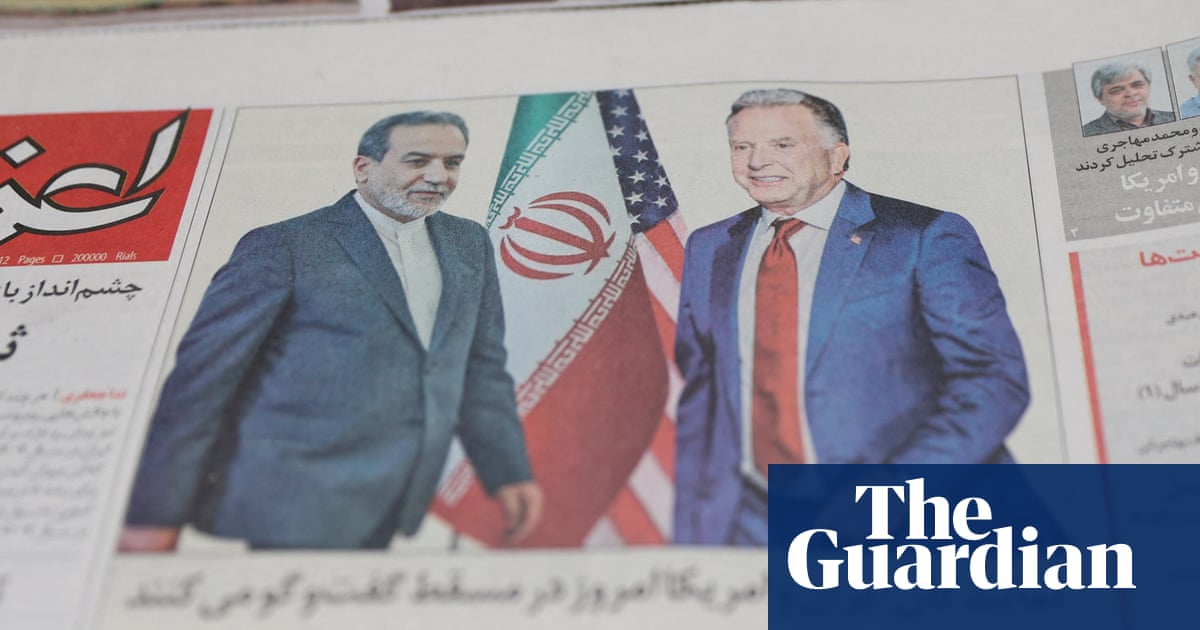Iran’s top negotiator believes reaching an agreement on its nuclear programme with the US is possible as long asWashingtonis realistic, as the two sides prepare to resume talks in Rome on Saturday.
Iran’s foreign minister, Abbas Araqchi, and the US Middle East envoy, Steve Witkoff, will begin indirect negotiations through mediators from Oman,after their first round in Muscat, which both sides described as constructive.
“If they demonstrate seriousness of intent and do not make unrealistic demands, reaching agreements is possible,” Araqchi told a news conference in Moscow on Friday after talks with Russia’s foreign minister, Sergei Lavrov.
Tehran has, however, sought to tamp down expectations of a quick deal. The supreme leader, Ayatollah Ali Khamenei, said this week he was “neither overly optimistic nor pessimistic”.
The talks take place under the shadow of Donald Trump’s threat to attack Iran if it does not reach a deal with the US over its nuclear programme.
The US president told reporters on Friday: “I’m for stoppingIran, very simply, from having a nuclear weapon. They can’t have a nuclear weapon. I want Iran to be great and prosperous and terrific.”
Trump, who ditched a 2015 nuclear pact between Iran and six powers during his first term in 2018 and reimposed crippling sanctions on Tehran, has revived his “maximum pressure” campaign on Iran since returning to the White House in January.
Washington wants Iran to halt production of highly enriched uranium, which it believes is aimed at building an atomic bomb.
Tehran, which has always said its nuclear programme is peaceful, says it is willing to negotiate some curbs in return for the lifting of sanctions, but wants watertight guarantees that Washington will not renege again as Trump did in 2018.
Araghchi said Iran’s right to enrich uranium was “non-negotiable”, afterWitkoff called for its complete halt.
Since 2019, Iran has breached and far surpassed the 2015 deal’s limits on its uranium enrichment, producing stocks far above what the west says is necessary for a civilian energy programme.
In an interview published on Wednesday by French newspaper Le Monde, the UN nuclear watchdog chief, Rafael Grossi, said Iran was “not far” from possessing a nuclear bomb.
Grossi, who held talks with Iranian officials during a visit to Tehran this week, said the US and Iran were “at a very crucial stage” in the talks and “don’t have much time” to secure a deal.
